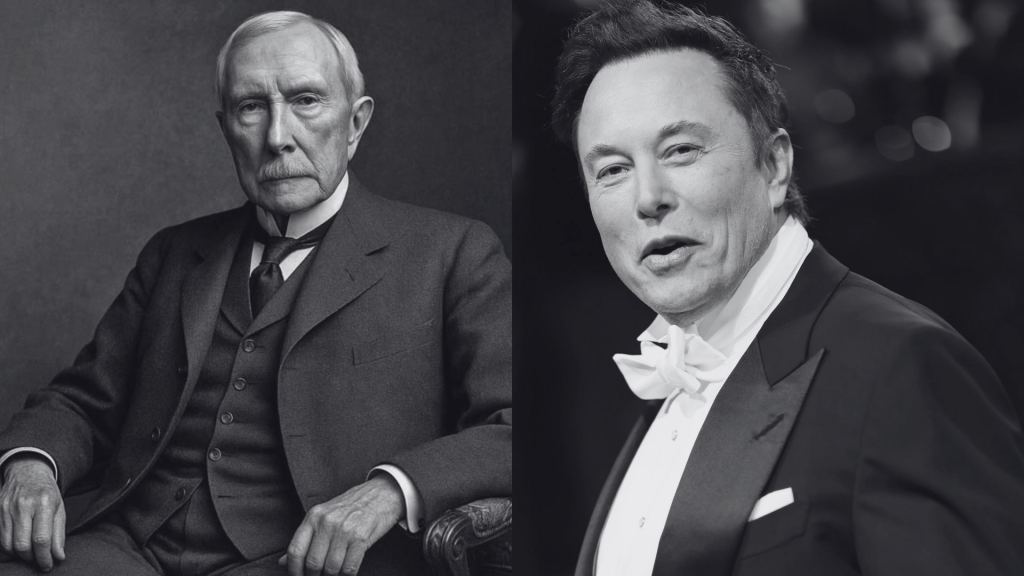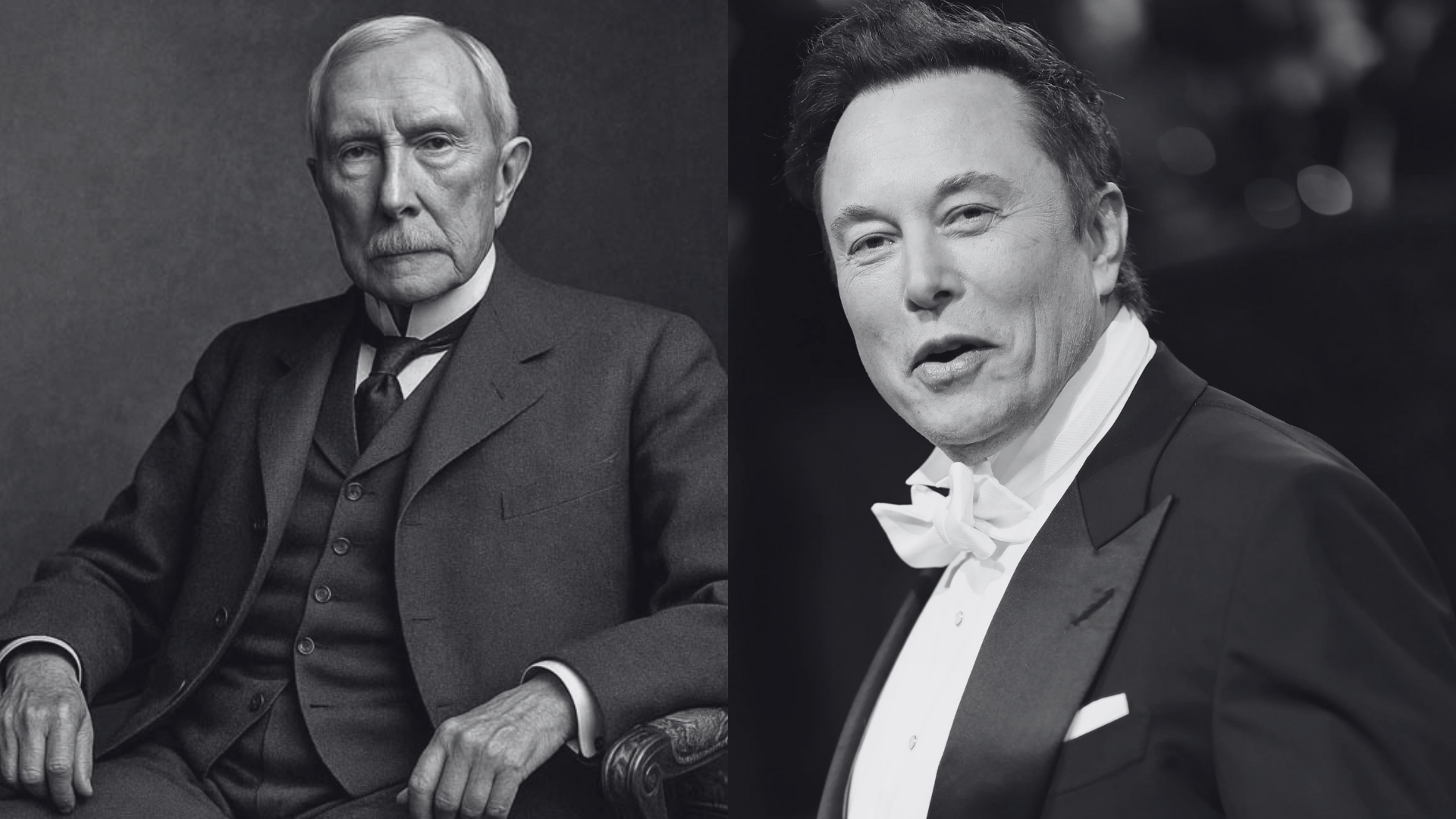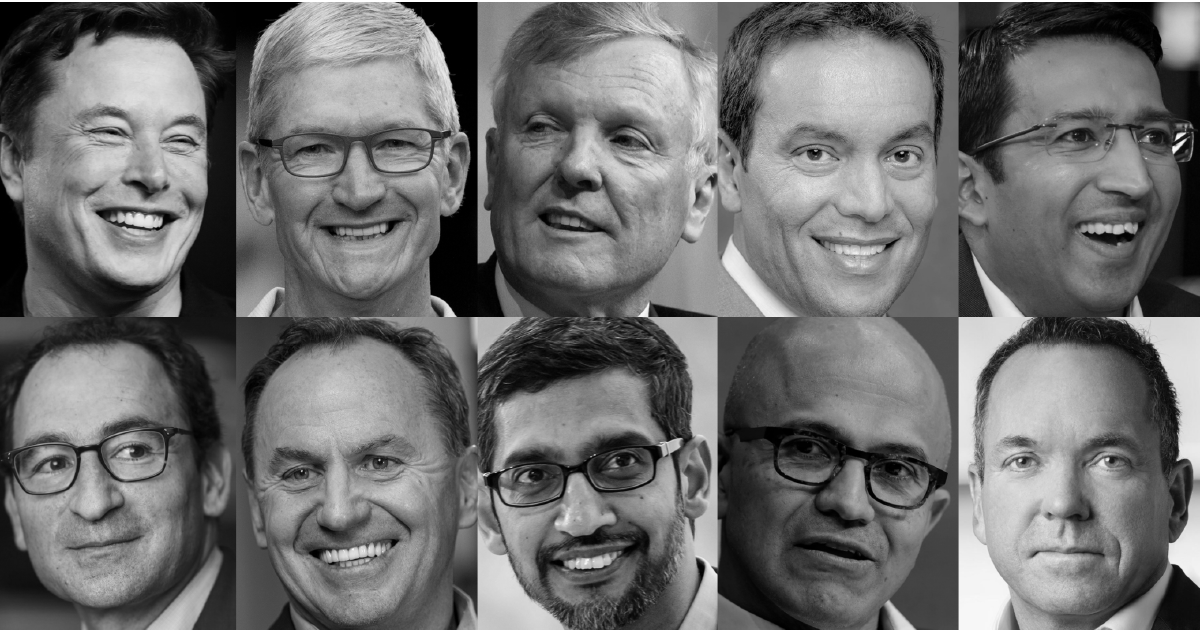Influential businesses have always shaped the world. From the rise of oil empires in the 19th century to the dominance of technology titans in the 21st century, the journey has been transformative. These businesses were not just about profit; they defined industries, influenced economies, and even dictated global trends. This article takes you on a historical journey of how influential businesses have evolved, focusing on visionary leaders such as John D. Rockefeller and Elon Musk, while exploring the economic, cultural, and technological factors that paved the way.
The Foundation of Influence: Late 19th Century and the Industrial Revolution
The late 19th century was an era of industrial growth and economic expansion. The United States and parts of Europe witnessed rapid industrialization that forever changed how businesses operated. This period gave birth to titans who laid the groundwork for modern capitalism.
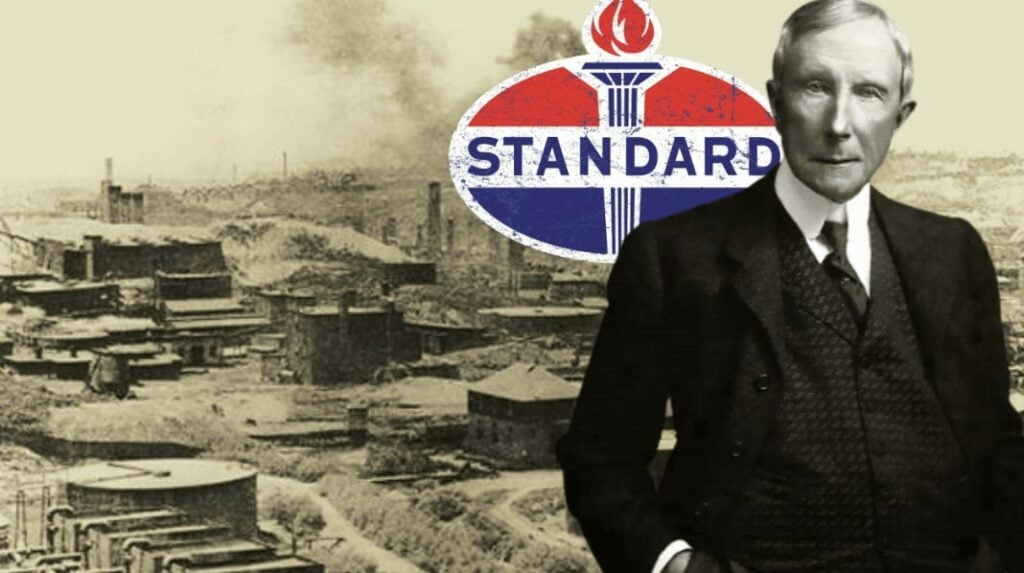
John D. Rockefeller and the Oil Empire
When discussing influential businesses, John D. Rockefeller and Standard Oil dominate the conversation. Rockefeller recognized the growing demand for kerosene and other oil products during the industrial boom. Instead of merely competing, he consolidated. By implementing horizontal integration, Rockefeller bought out competitors, reducing inefficiencies and controlling the market.
His approach introduced scale and structure into the business world. At its peak, Standard Oil controlled more than 90 percent of oil refining in the United States. Rockefeller’s strategies raised questions about monopolies and ethics, but they also led to the creation of antitrust laws, changing the regulatory framework of business forever.
Steel, Railroads, and Banking Powerhouses
While Rockefeller transformed oil, Andrew Carnegie did the same with steel. His investments in modern steel production revolutionized construction and infrastructure. Railroads connected cities and industries, and tycoons like Cornelius Vanderbilt and James J. Hill profited from this network. Meanwhile, J.P. Morgan’s influence in banking consolidated financial power and stabilized the American economy during crises.
These businesses were influential because they controlled essential resources and infrastructure, shaping both national economies and global trade. They also introduced concepts such as vertical integration, large-scale production, and financial consolidation that businesses still rely on today.
The Early 20th Century: Consumerism and Brand Power
As the 20th century progressed, consumer culture emerged. Influential businesses began to realize that power was not only in controlling resources but also in shaping consumer preferences.
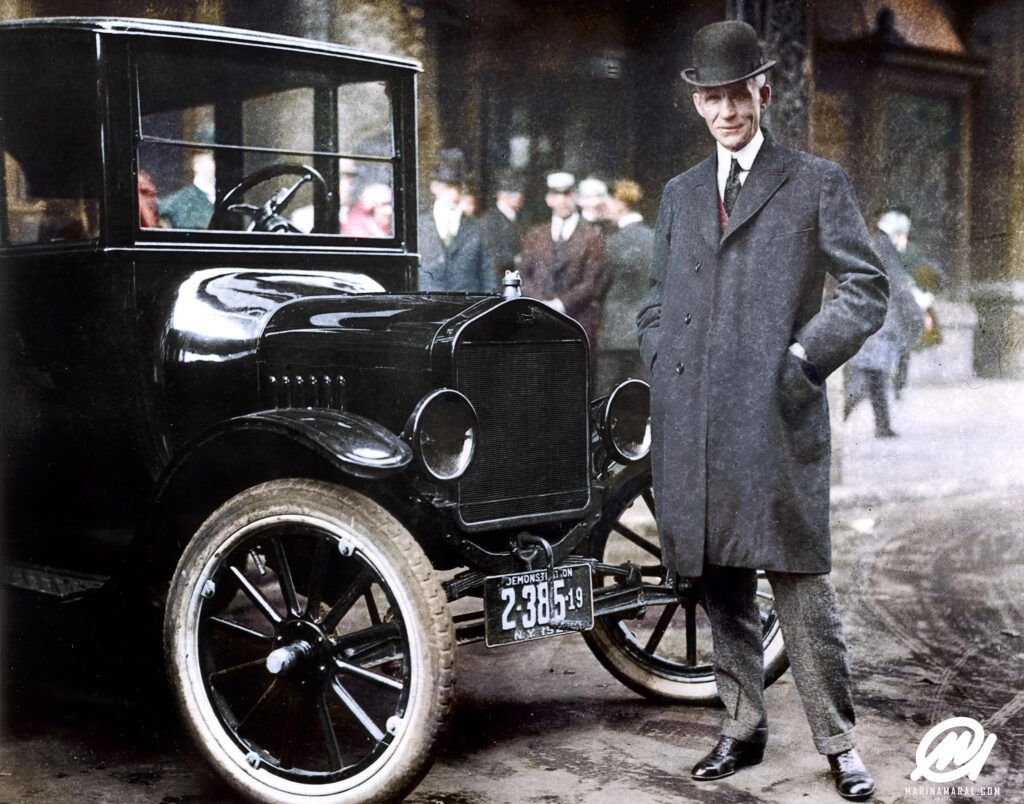
Henry Ford and the Automobile Revolution
Henry Ford changed manufacturing forever with the introduction of the assembly line in 1913. His vision was not only to produce cars but to make them affordable for the masses. This strategy transformed the automobile from a luxury to a necessity. Ford’s influence extended beyond business operations. His labor practices, such as offering higher wages, contributed to the rise of the middle class in America.
Ford Motor Company became an icon of innovation and efficiency, setting standards for manufacturing that later influenced industries worldwide.
The Birth of Global Consumer Brands
Coca-Cola, founded in the late 19th century, grew into a global phenomenon during the early 20th century. Similarly, Procter & Gamble, General Electric, and Kellogg’s began leveraging advertising and branding to build lasting consumer relationships. Businesses discovered that influence was not only about scale but also about emotional connection with consumers.
The Post-War Era: The Rise of Corporations and Technology
The mid-20th century saw another transformation. The post-war economic boom, combined with advances in technology, created multinational corporations that expanded across borders.

The Dawn of Technology Giants
IBM emerged as a pioneer in computing, introducing mainframe computers that revolutionized business operations. This era marked the beginning of technology as a core driver of influence. Corporations such as AT&T dominated telecommunications, laying the groundwork for the connected world we live in today.
Oil and Energy in the Global Arena
While technology gained prominence, oil companies like ExxonMobil and Shell became global powerhouses during the mid-20th century. Their influence extended to geopolitics, as nations depended on oil for economic stability and military strength.
The Late 20th Century: The Information Age and the Internet Boom
By the 1980s and 1990s, a new wave of influential businesses emerged, driven by the rise of personal computing and the internet.
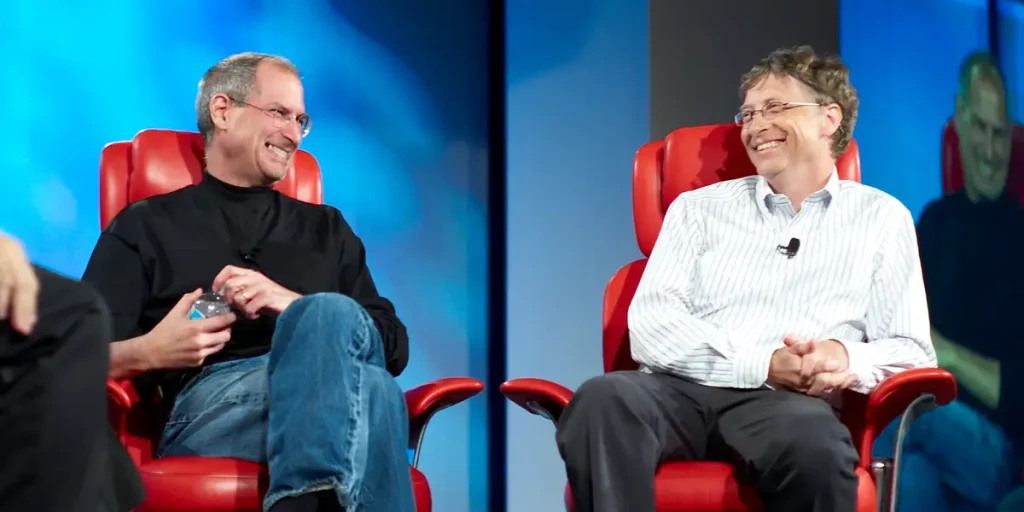
Microsoft and the Software Revolution
Bill Gates and Microsoft changed how the world interacted with technology. The company’s operating systems became a staple for businesses and individuals alike. Microsoft’s dominance made software the new frontier of influence, shifting power from manufacturing to intellectual property and innovation.
Apple and the Power of Design
Steve Jobs and Apple showed that influence was not just about technology but also about user experience and design. Apple products became cultural symbols, merging functionality with aesthetics. This approach built a loyal customer base and made Apple one of the most influential brands of all time.
The Internet Titans
The late 1990s and early 2000s witnessed the rise of companies like Amazon, Google, and eBay. These businesses capitalized on the growing internet economy, redefining retail, information access, and digital marketplaces. Jeff Bezos envisioned an online marketplace that could sell everything, and Amazon became the blueprint for e-commerce.
Google, on the other hand, transformed how we access information. Its search engine became indispensable, and its advertising model reshaped the marketing industry.
The 21st Century: Influence in the Age of Innovation
Today, influence in business goes beyond profit and market share. It involves shaping global conversations, driving sustainability, and leveraging cutting-edge technologies like artificial intelligence and renewable energy.
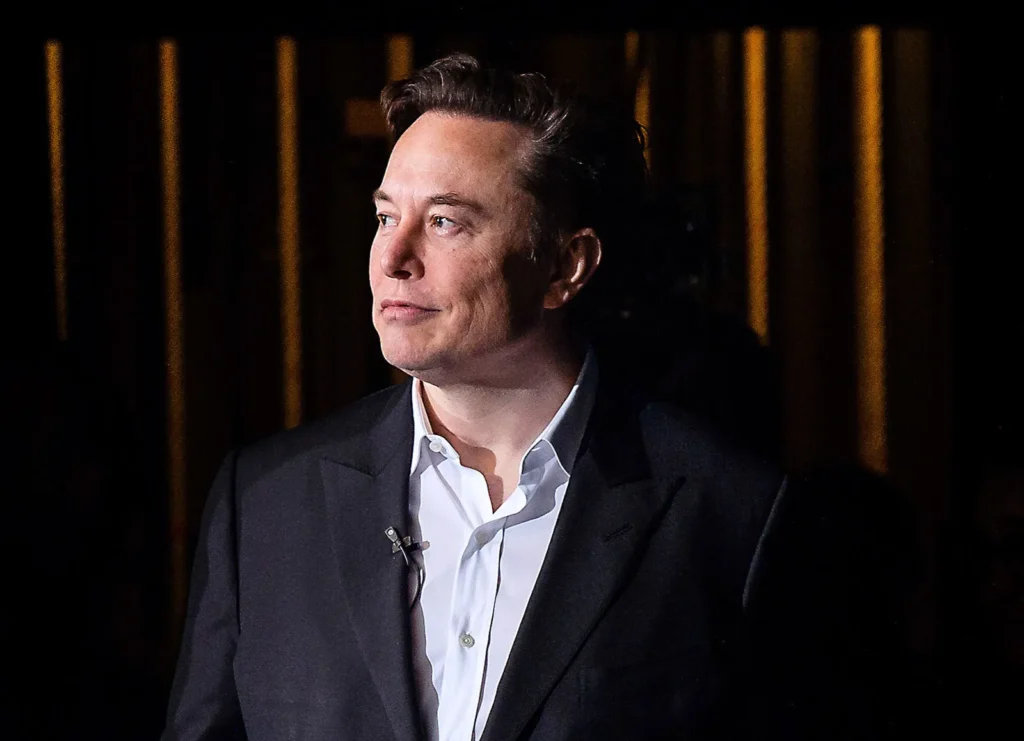
Elon Musk and the New Age of Entrepreneurship
Elon Musk epitomizes the modern business influencer. Through companies like Tesla, SpaceX, and Neuralink, Musk is redefining transportation, space exploration, and human-computer interaction. His ventures focus on solving global challenges such as climate change while pushing the boundaries of technology.
Musk’s approach combines bold vision with relentless execution. Tesla popularized electric vehicles, making sustainability a core element of consumer choice. SpaceX disrupted the aerospace industry with reusable rockets, reducing costs and making space travel viable for the future.
The Rise of Platform-Based Businesses
Companies like Facebook (now Meta), Airbnb, and Uber have introduced platform-based business models that leverage network effects. These businesses do not just sell products; they create ecosystems. This model has redefined industries such as hospitality, transportation, and social interaction.
Sustainability and Social Responsibility
Modern influential businesses also recognize the importance of sustainability and social impact. Companies like Patagonia, Beyond Meat, and Unilever incorporate ethical practices into their core strategies, understanding that influence today includes environmental stewardship and social responsibility.
Key Factors Driving Influence Across Eras
While the nature of influential businesses has evolved, certain principles remain constant:
- Innovation: From Rockefeller’s oil refining to Musk’s electric vehicles, innovation has always been at the heart of influence.
- Adaptability: Businesses that embrace change survive and thrive, as seen with companies that transitioned to digital models.
- Visionary Leadership: Strong leaders with bold visions drive companies to redefine industries.
- Global Reach: Expanding beyond borders has been a consistent strategy for sustaining influence.

Looking Ahead: The Future of Influential Businesses
The next wave of influential businesses will likely emerge from fields such as artificial intelligence, biotechnology, renewable energy, and space exploration. Companies that integrate technology with sustainability will hold the key to future influence.
Entrepreneurs will also need to balance profitability with purpose, as consumers increasingly favor businesses that contribute positively to society and the environment.
Final Thoughts
From Rockefeller’s oil empire to Musk’s mission to colonize Mars, influential businesses have evolved through innovation, adaptability, and leadership. Their impact goes beyond markets, shaping economies, cultures, and even geopolitics.
As technology and global challenges redefine the business landscape, the next generation of influential companies will likely come from sectors we are only beginning to understand. One thing remains certain: influence in business is not static; it is a dynamic force that will continue to shape the world for generations to come.


